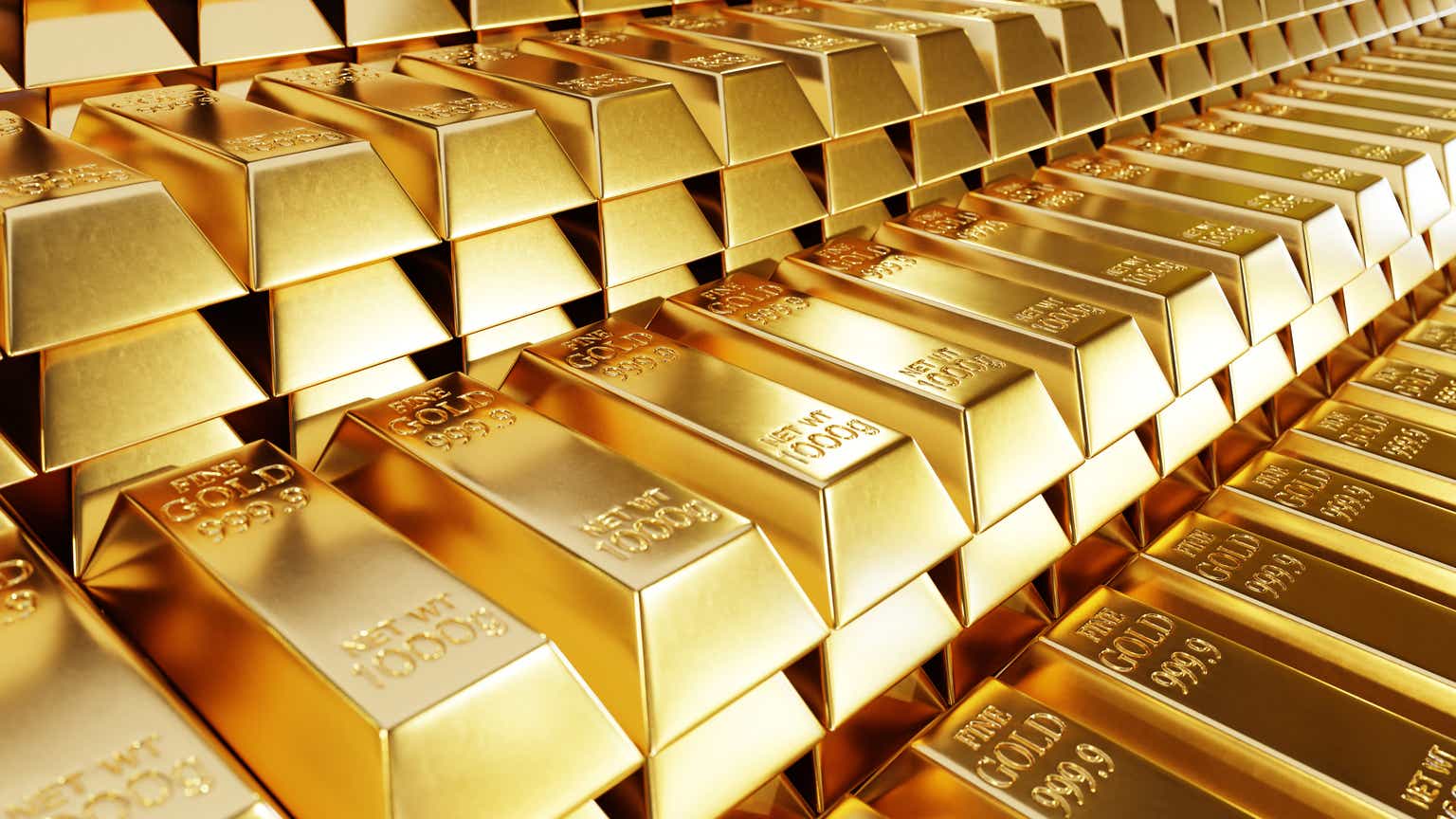Nasdaq Bear Market: 2 Magnificent Stocks Down 6% and 14% You'll Regret Not Buying on the Dip
Following President Donald Trump's "Liberation Day" tariff announcement on April 2, the Nasdaq Composite technology index plunged by as much as 24% from its record high, placing it in a technical bear market. The tariffs have immediately increased the price of imported goods from every country in the world, leading investors to fear an economic slowdown might be on the horizon.But tariffs primarily affect physical products, whereas software and digital services are exempt. That means cybersecurity vendors like CrowdStrike Holdings (NASDAQ: CRWD) and Palo Alto Networks (NASDAQ: PANW) are mostly unaffected. Even if businesses trim their costs in an economic slowdown, cybersecurity spending is probably one of the last things they will cut because of the risks involved.Nevertheless, CrowdStrike and Palo Alto have declined by 6% and 14% from their all-time highs, respectively, amid the sell-off in the broader market. Here's why investors might regret not buying the dip.Continue reading

Following President Donald Trump's "Liberation Day" tariff announcement on April 2, the Nasdaq Composite technology index plunged by as much as 24% from its record high, placing it in a technical bear market. The tariffs have immediately increased the price of imported goods from every country in the world, leading investors to fear an economic slowdown might be on the horizon.
But tariffs primarily affect physical products, whereas software and digital services are exempt. That means cybersecurity vendors like CrowdStrike Holdings (NASDAQ: CRWD) and Palo Alto Networks (NASDAQ: PANW) are mostly unaffected. Even if businesses trim their costs in an economic slowdown, cybersecurity spending is probably one of the last things they will cut because of the risks involved.
Nevertheless, CrowdStrike and Palo Alto have declined by 6% and 14% from their all-time highs, respectively, amid the sell-off in the broader market. Here's why investors might regret not buying the dip.



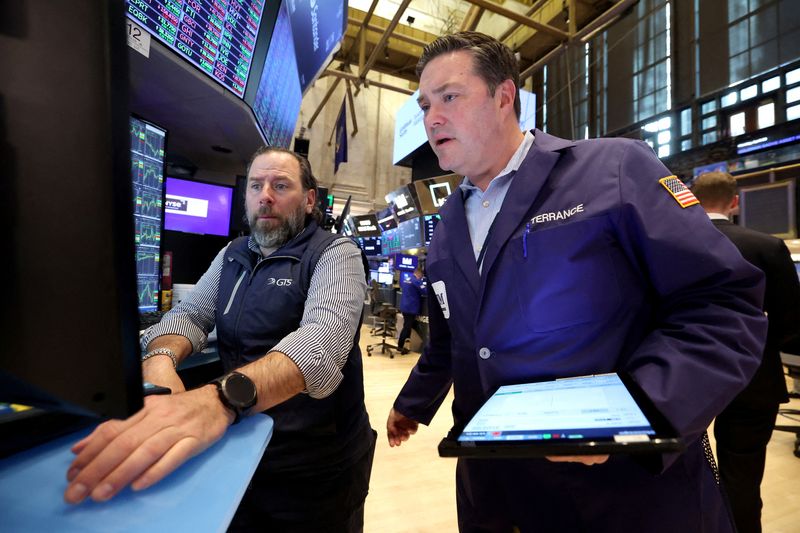
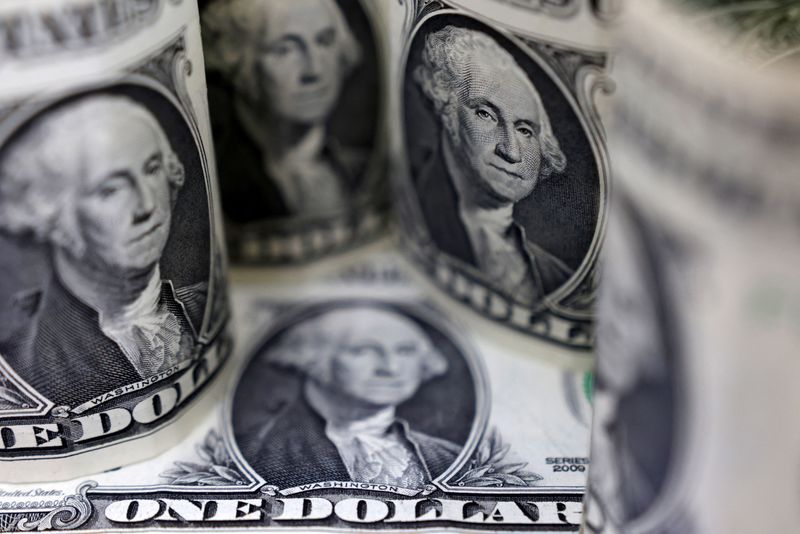


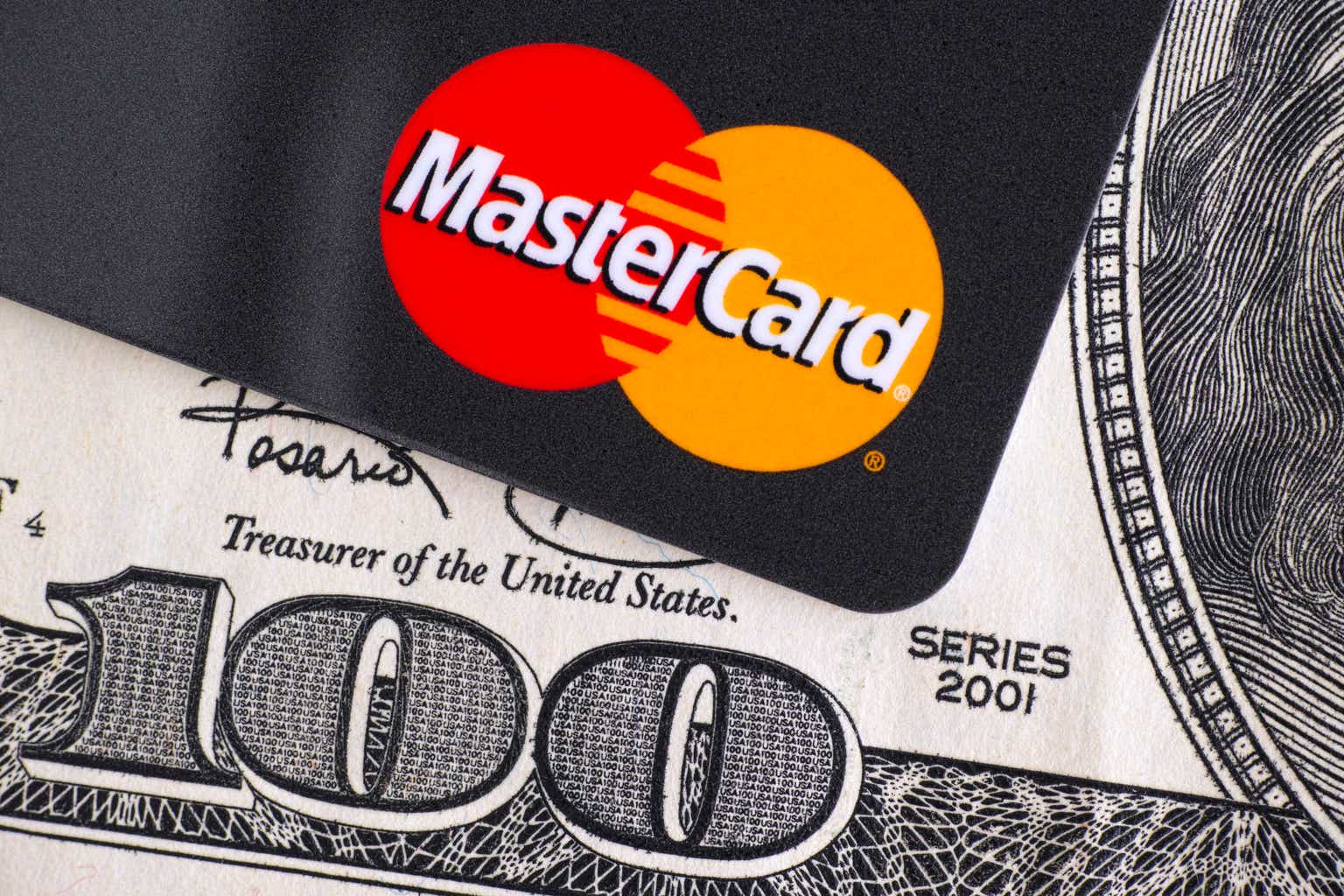












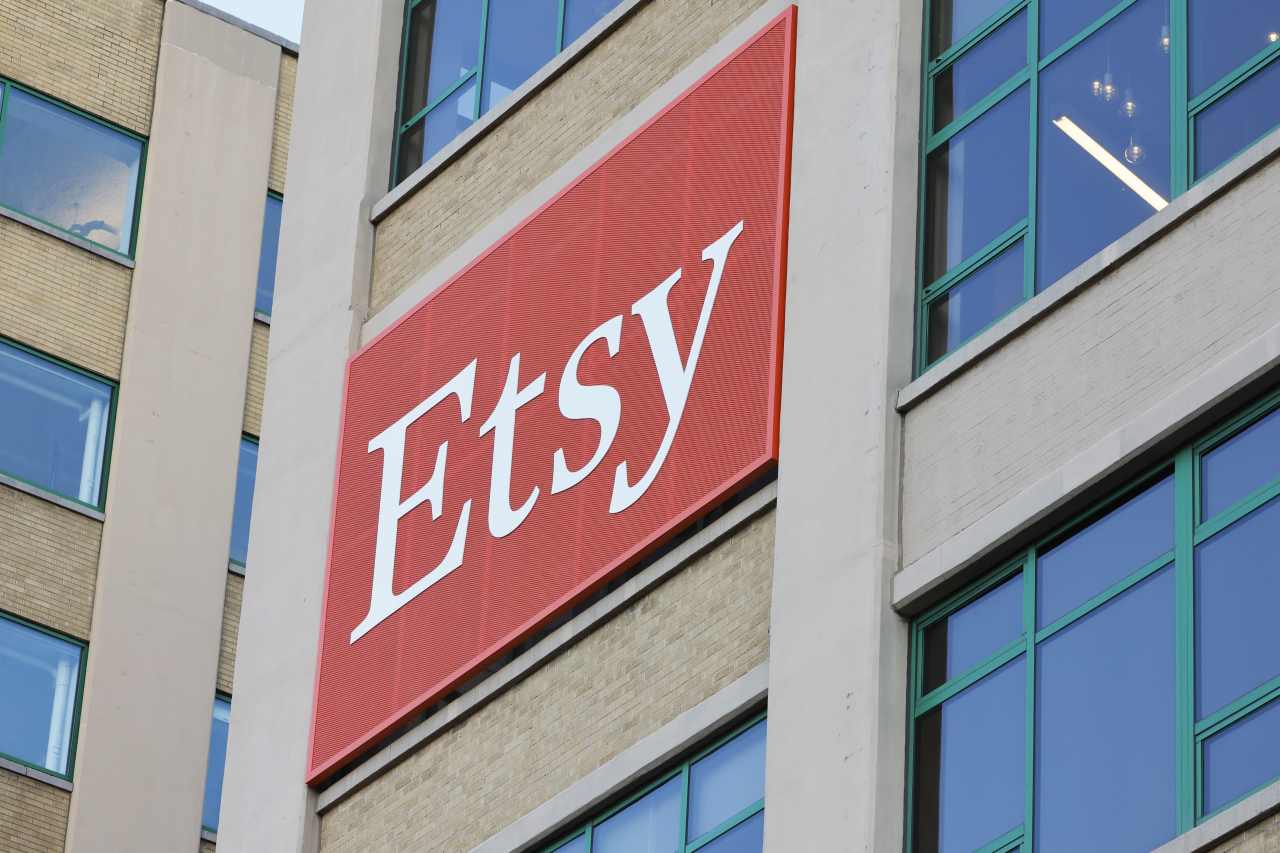
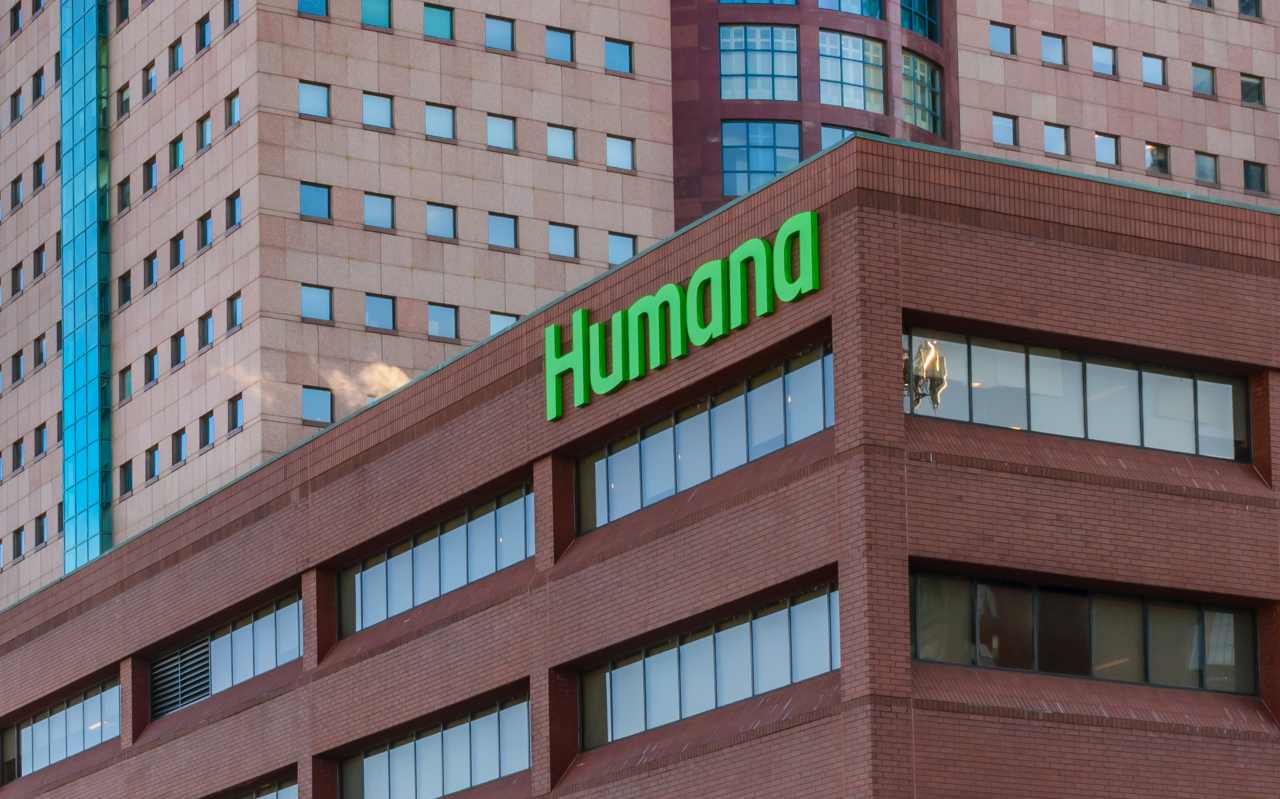

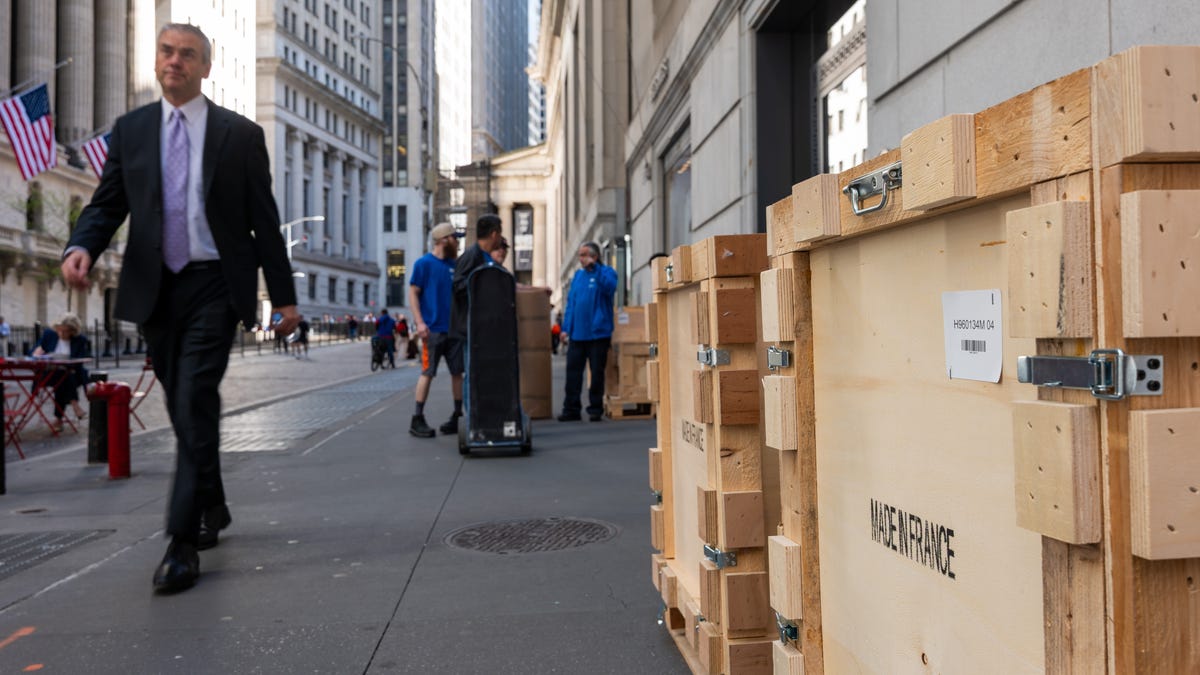









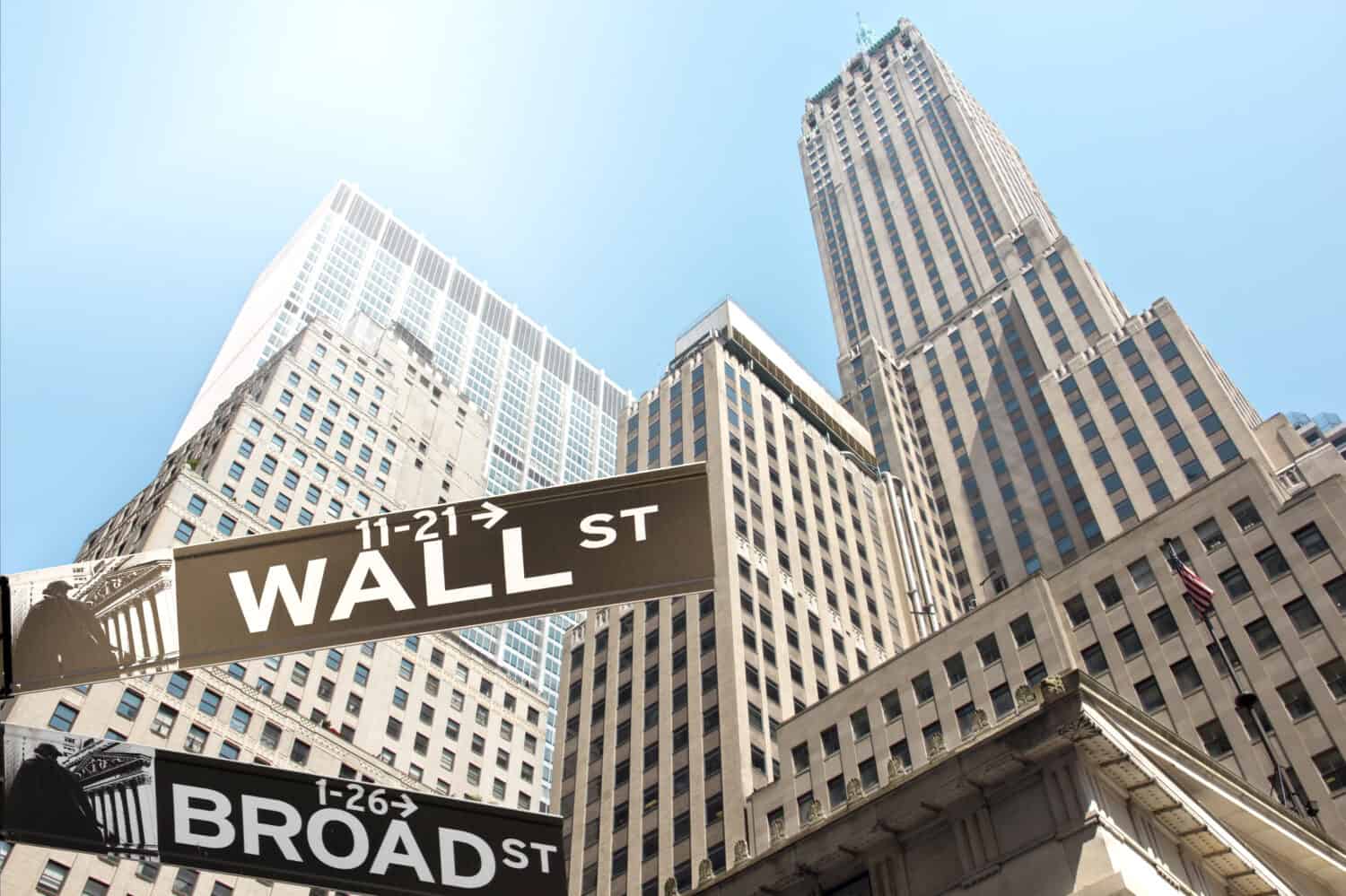
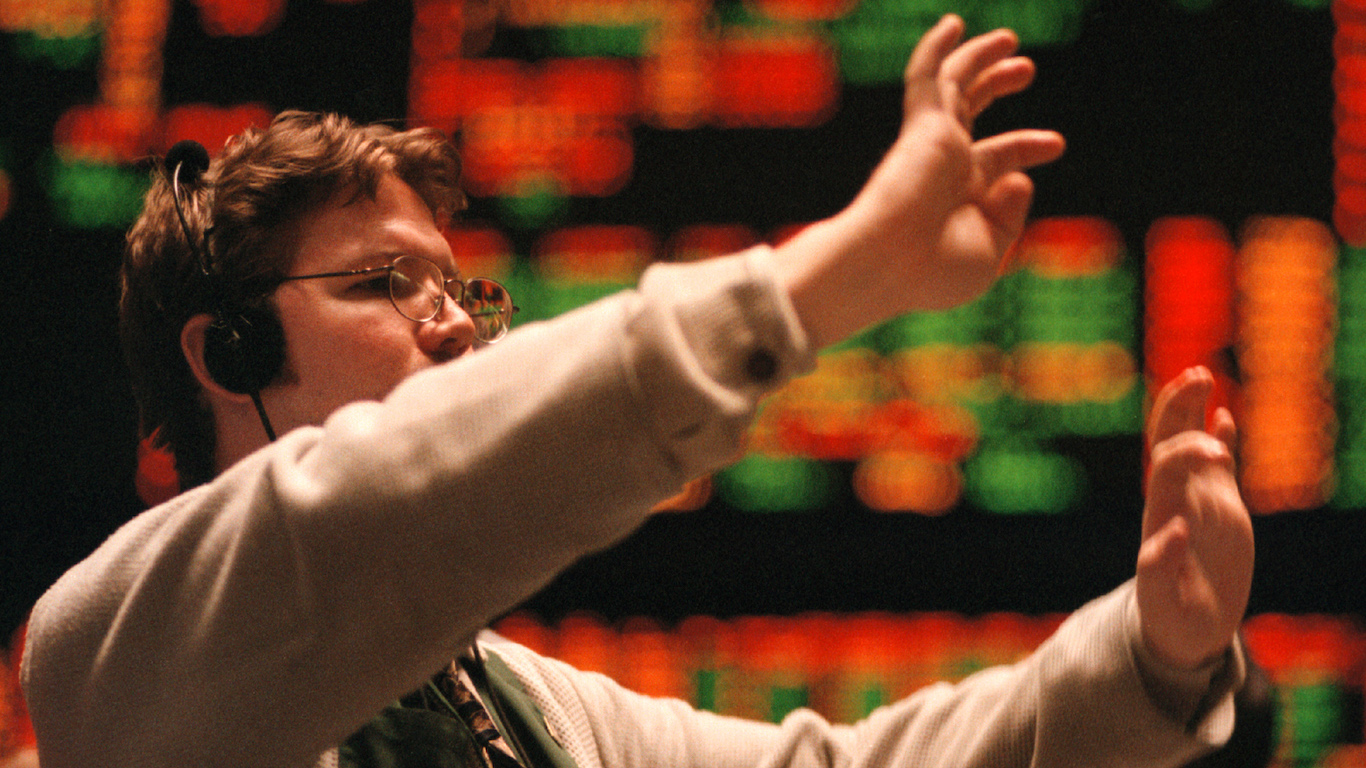
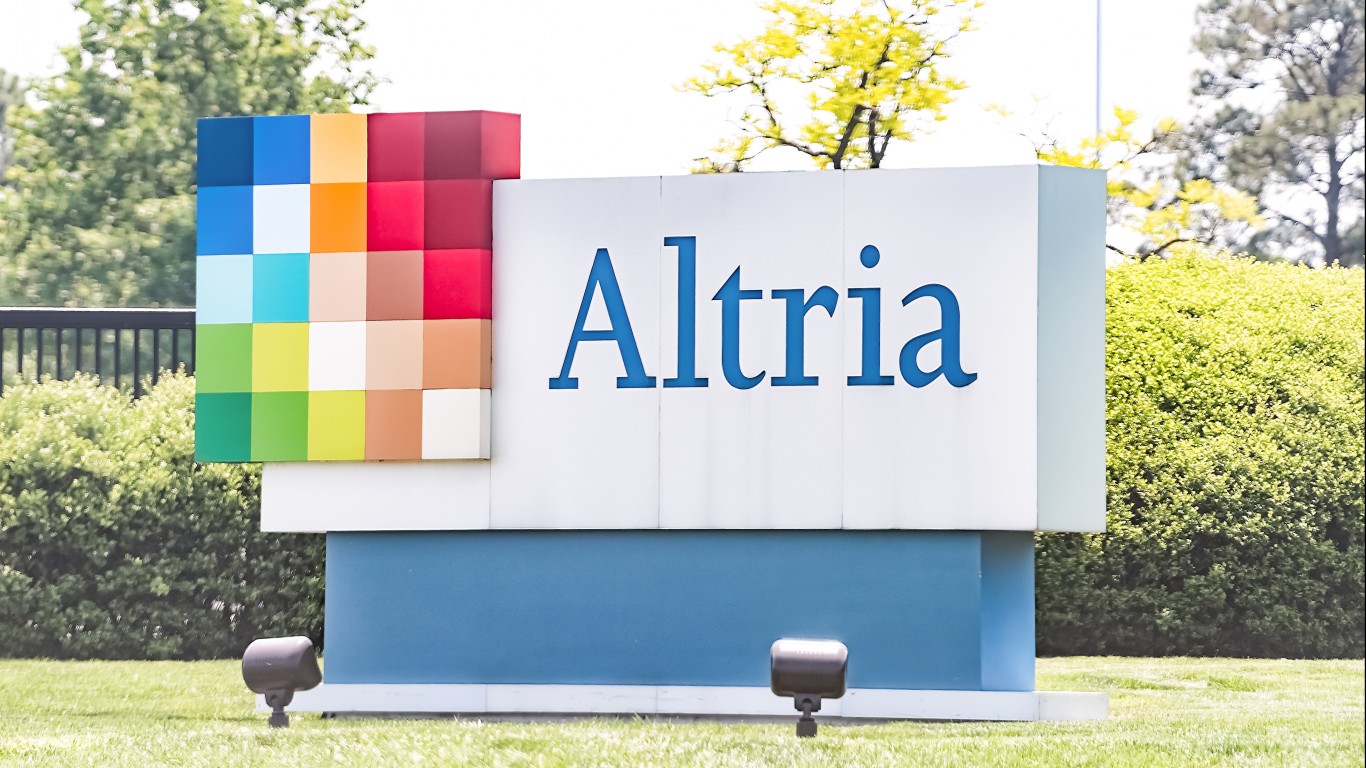

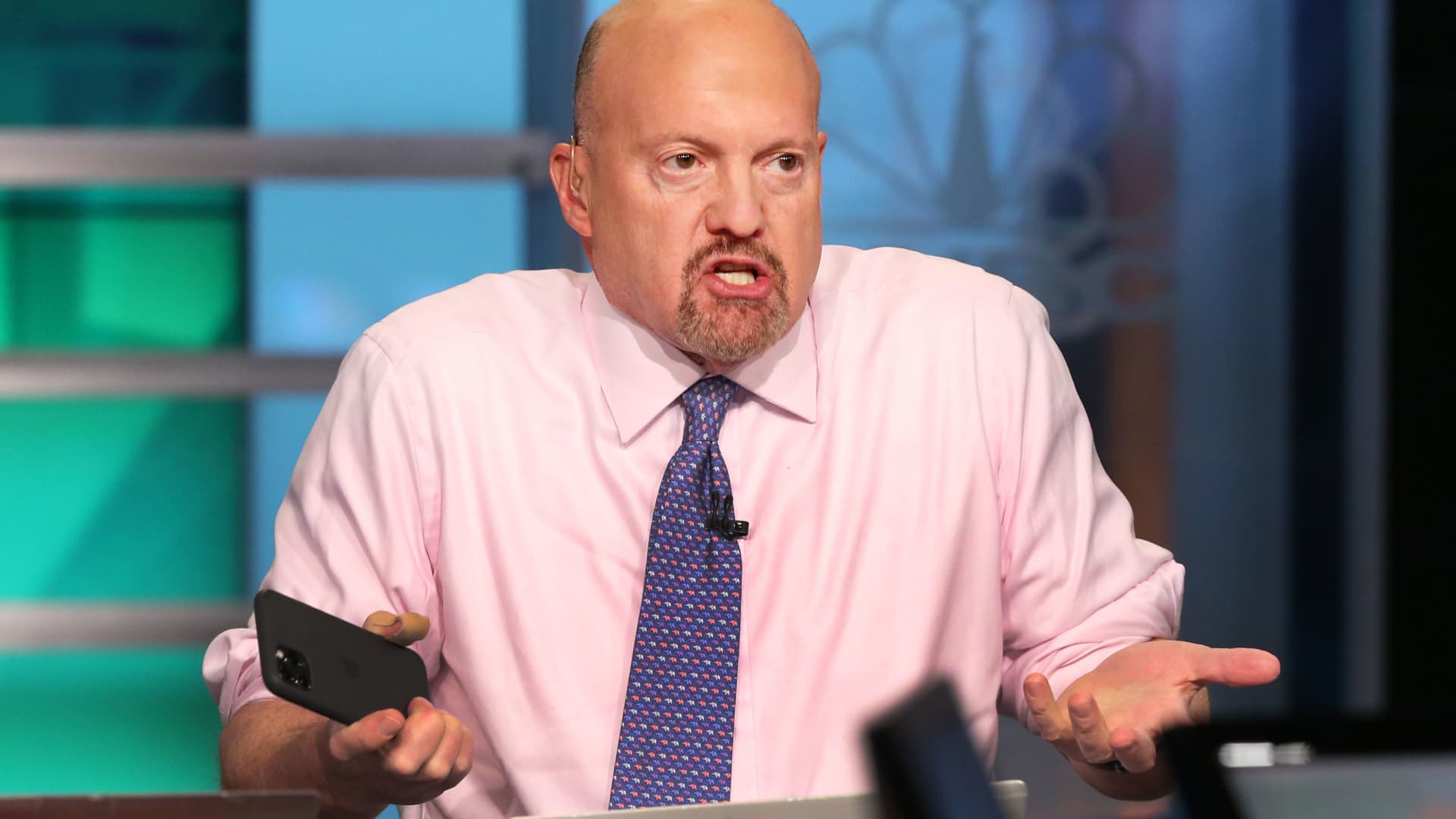







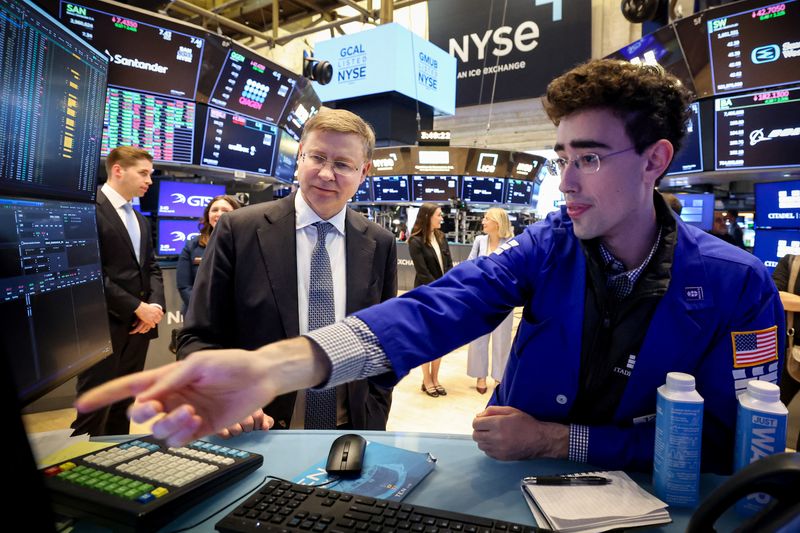






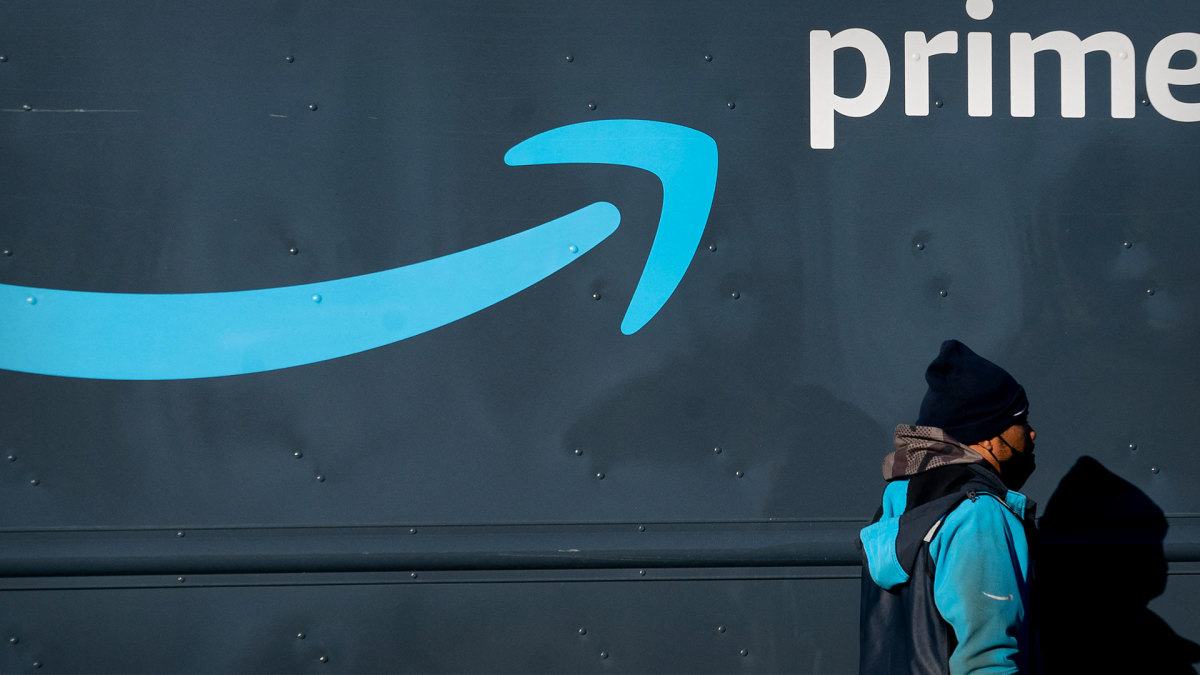
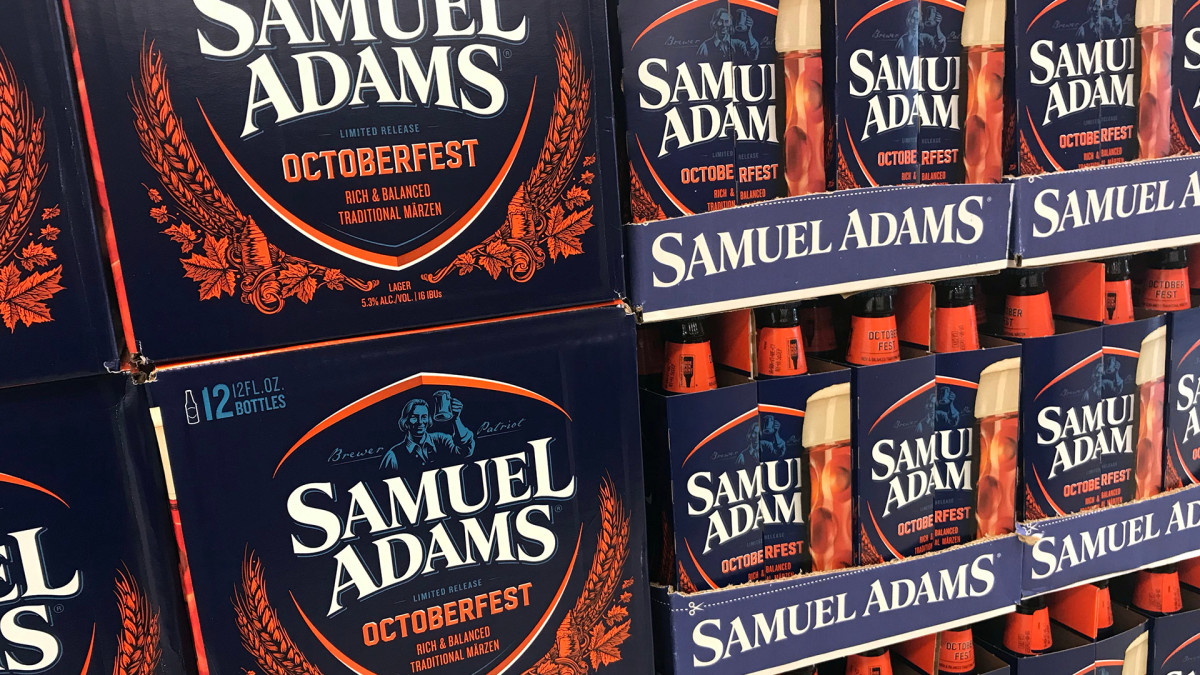









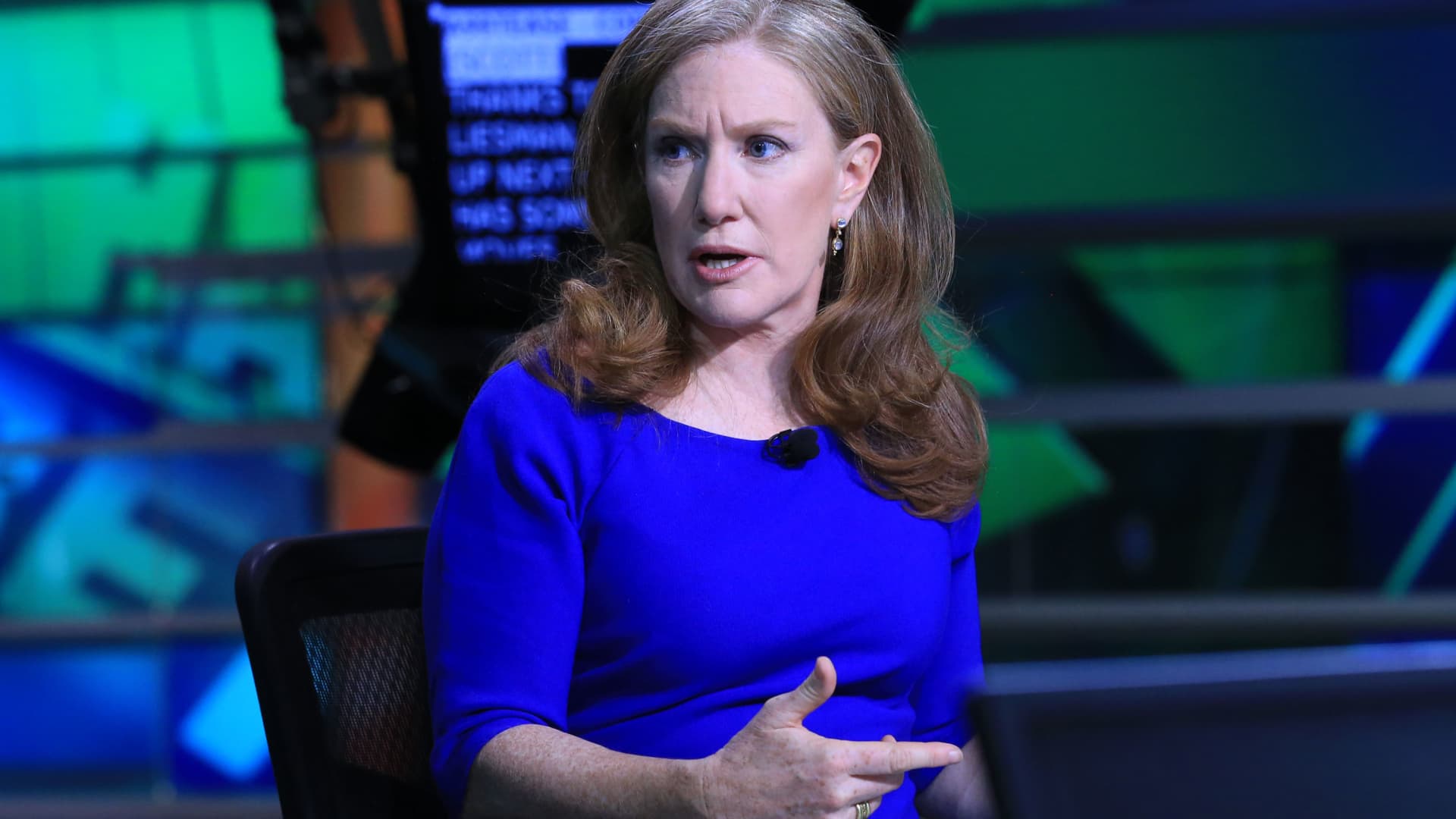

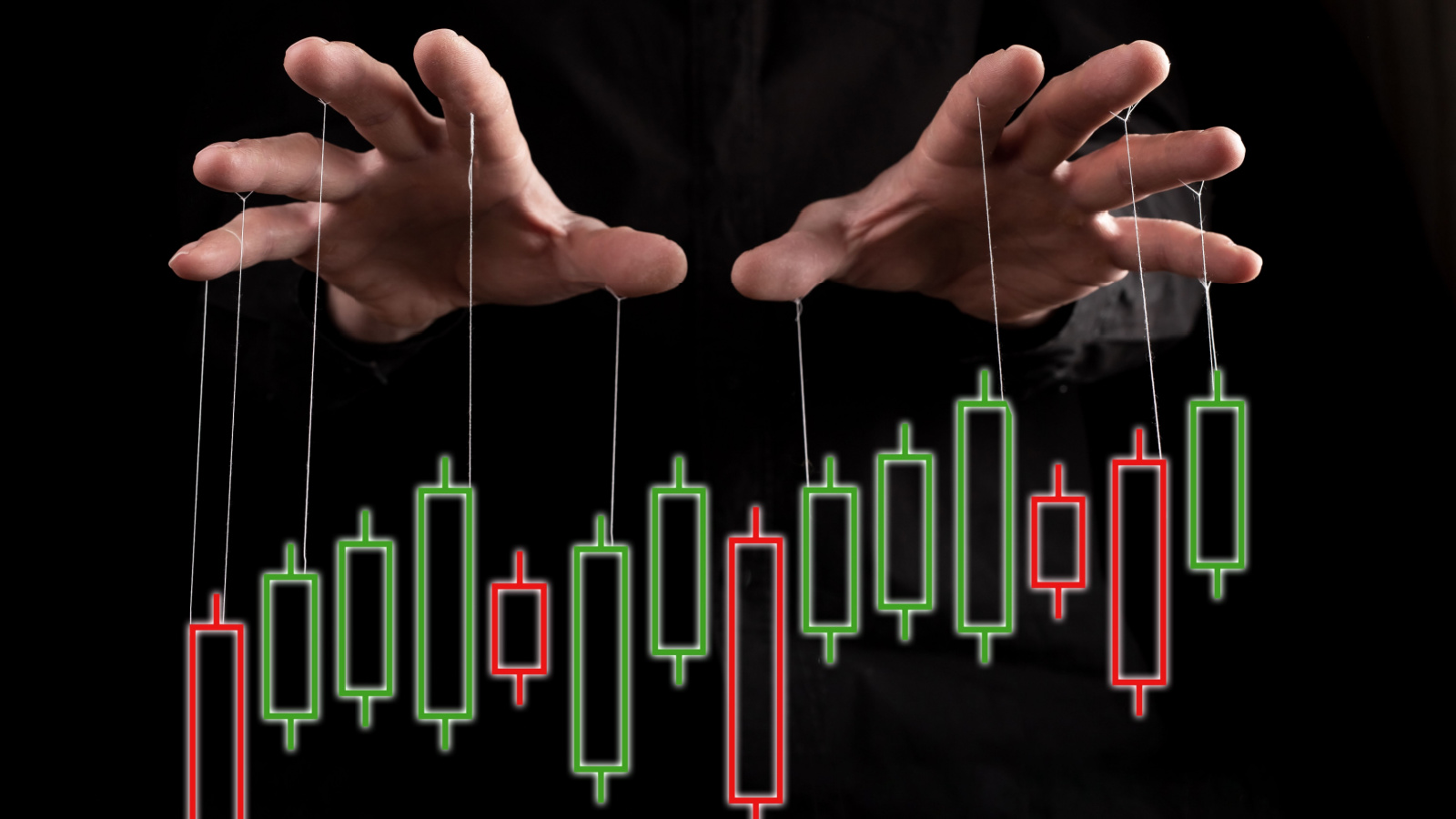

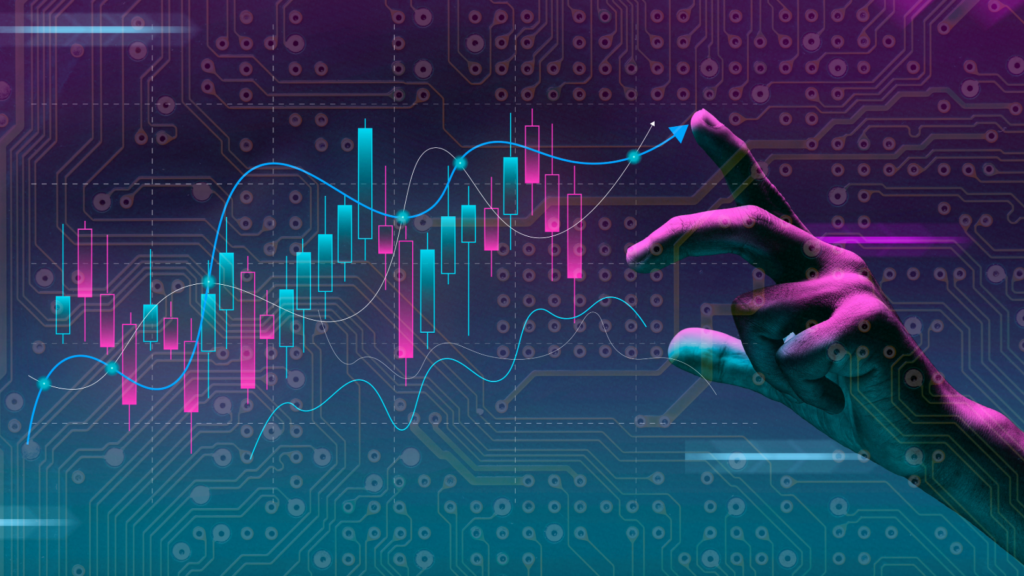
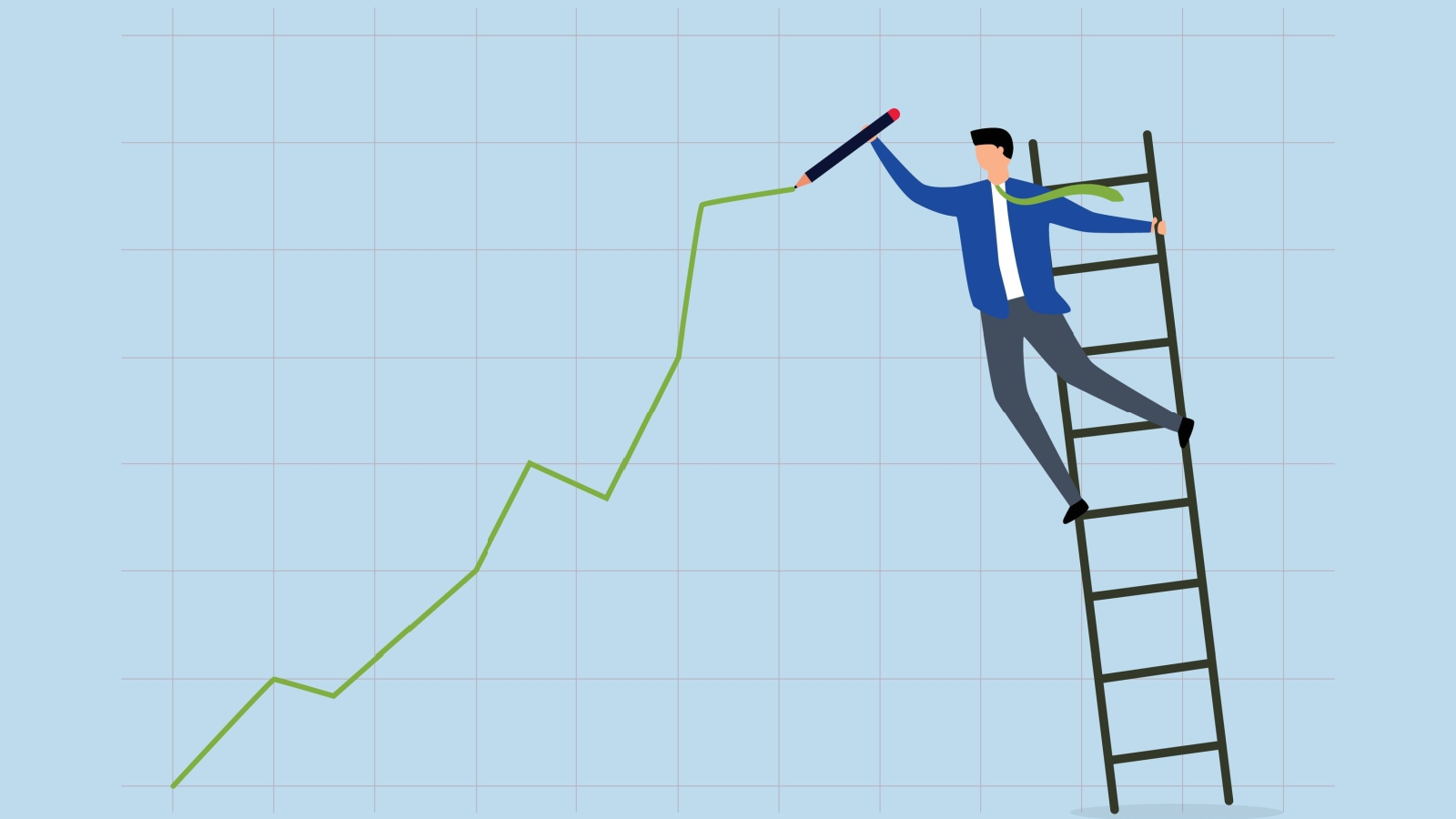






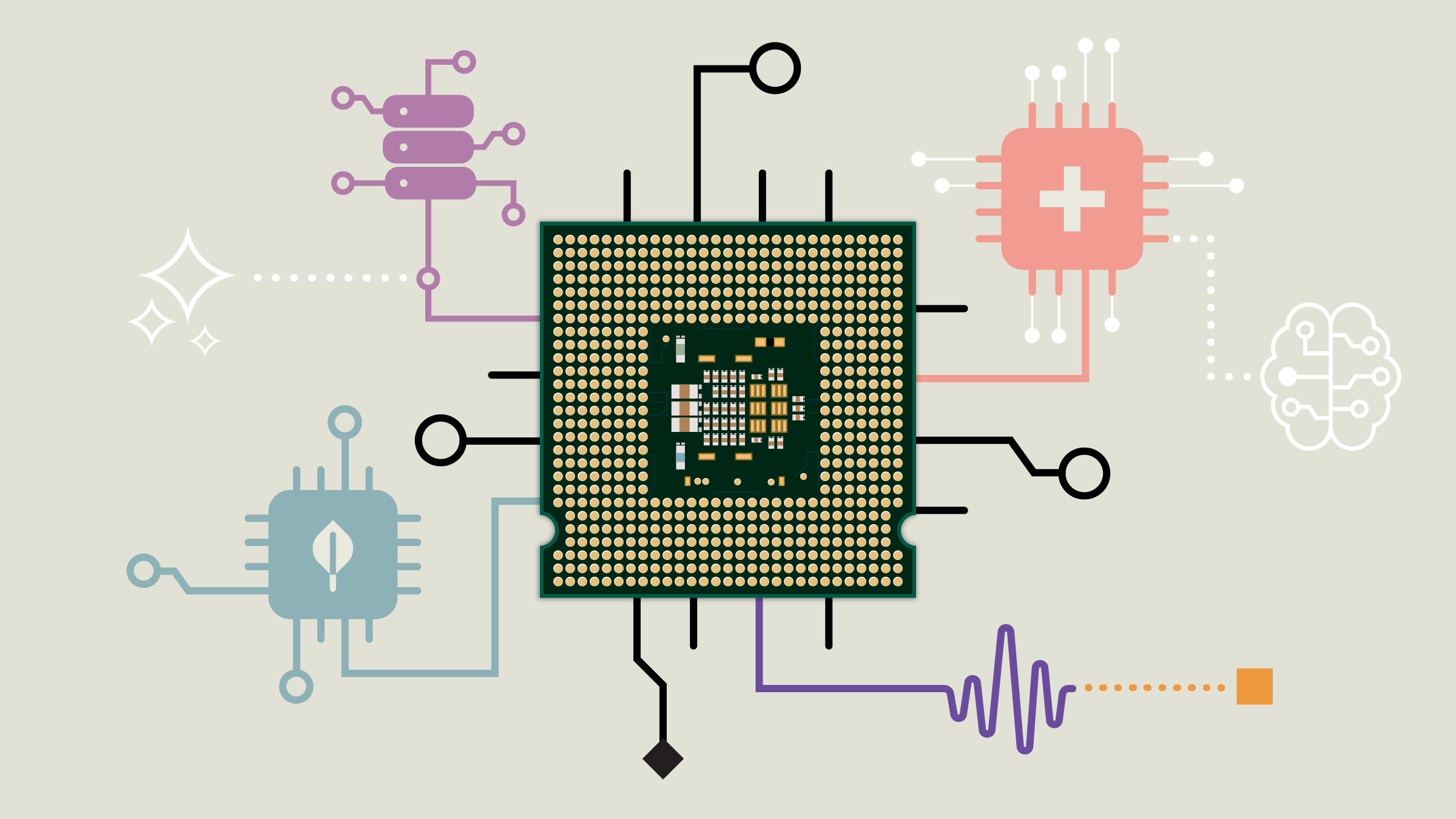

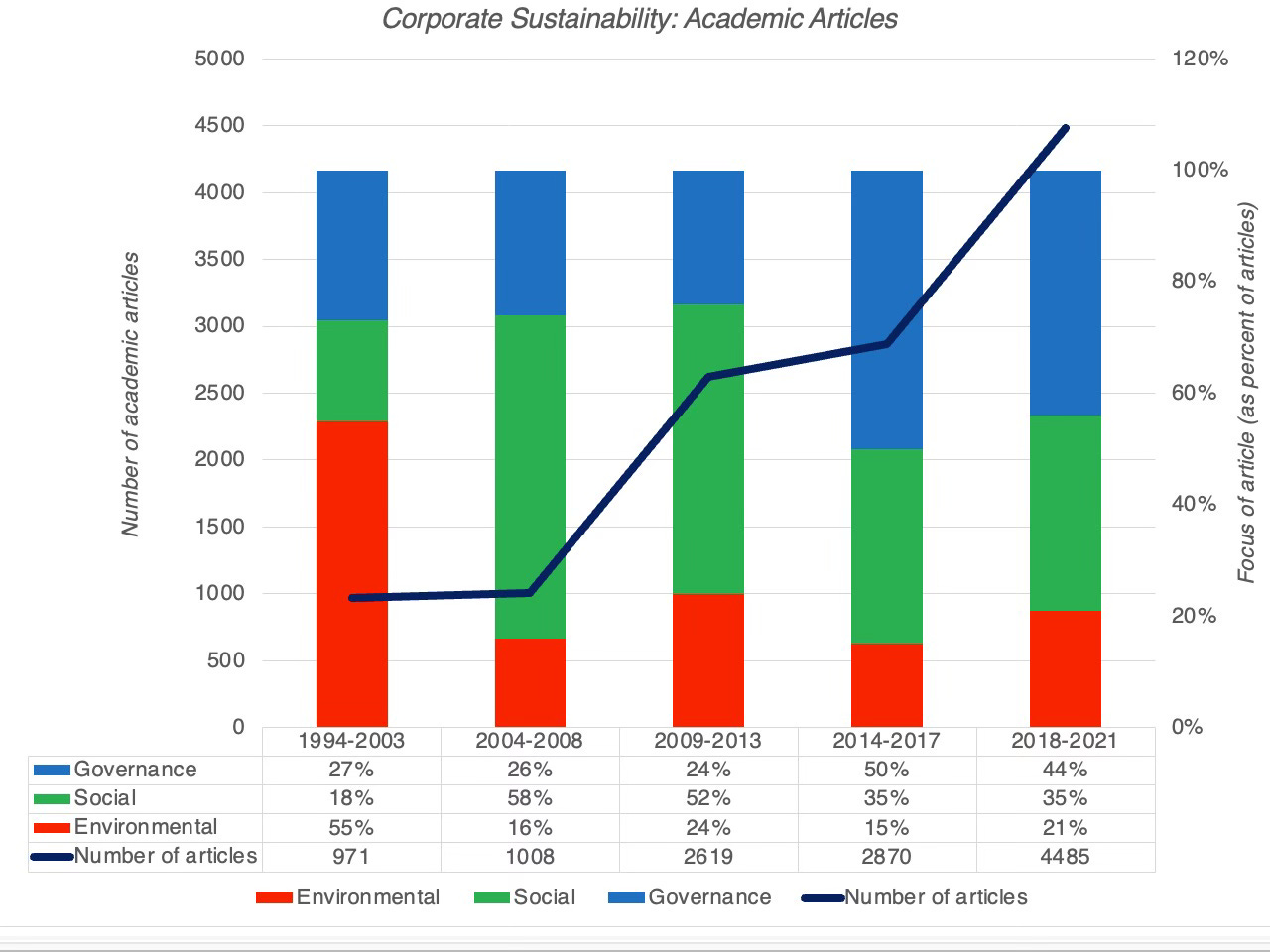



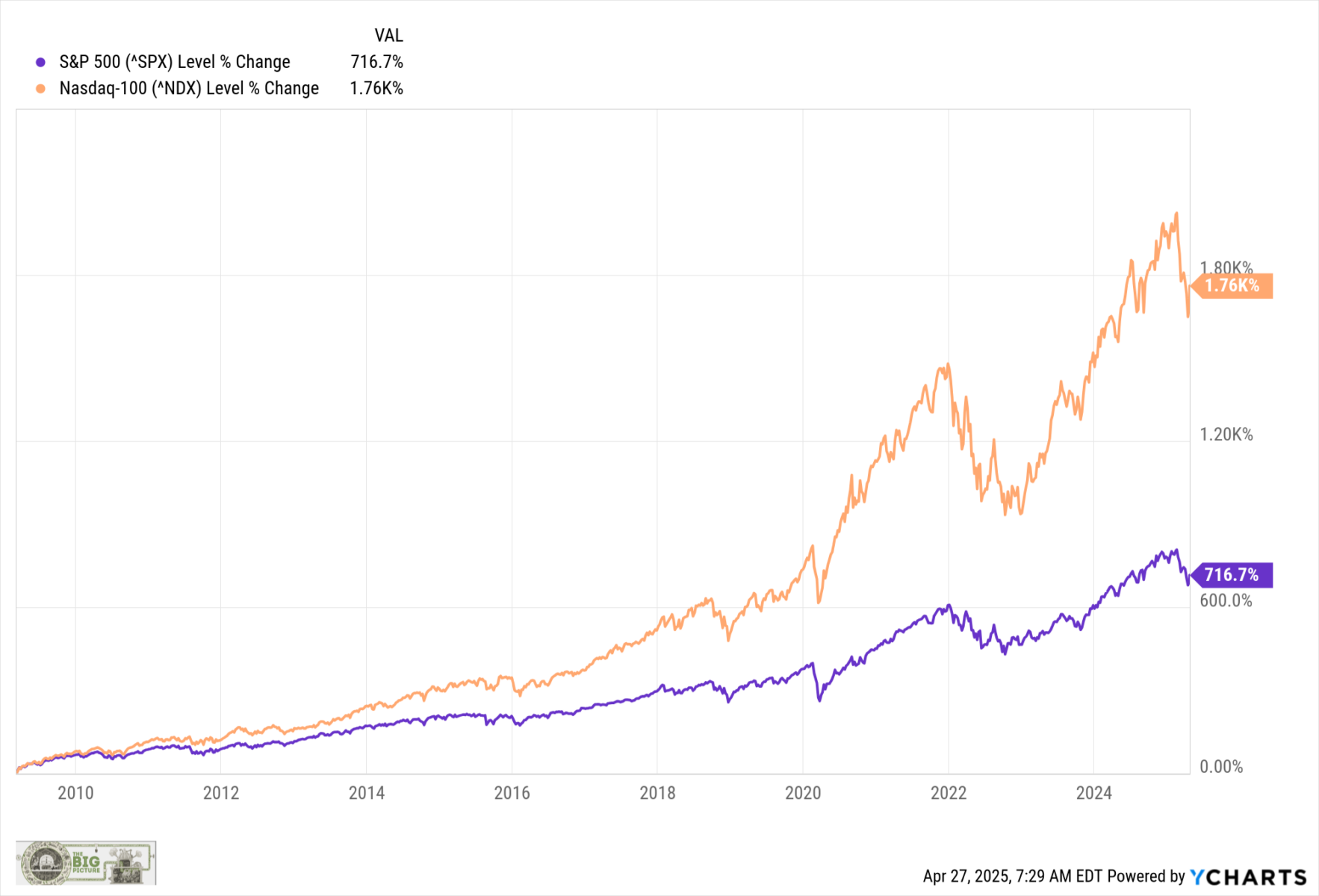

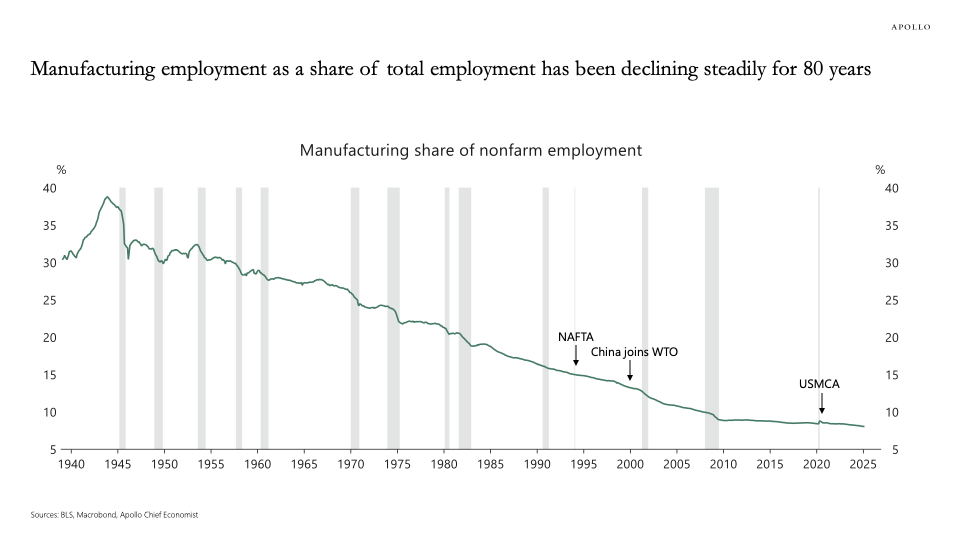




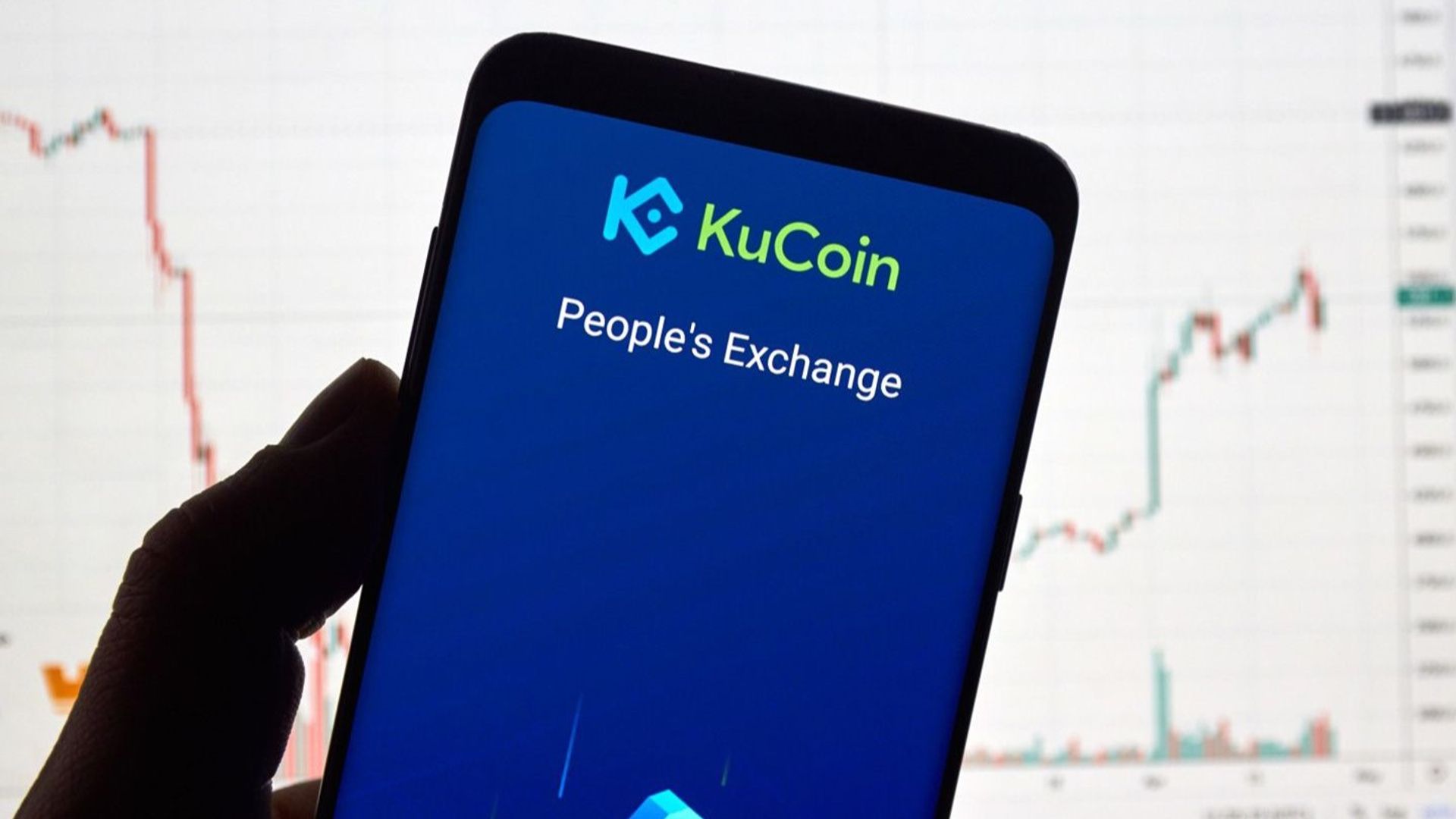







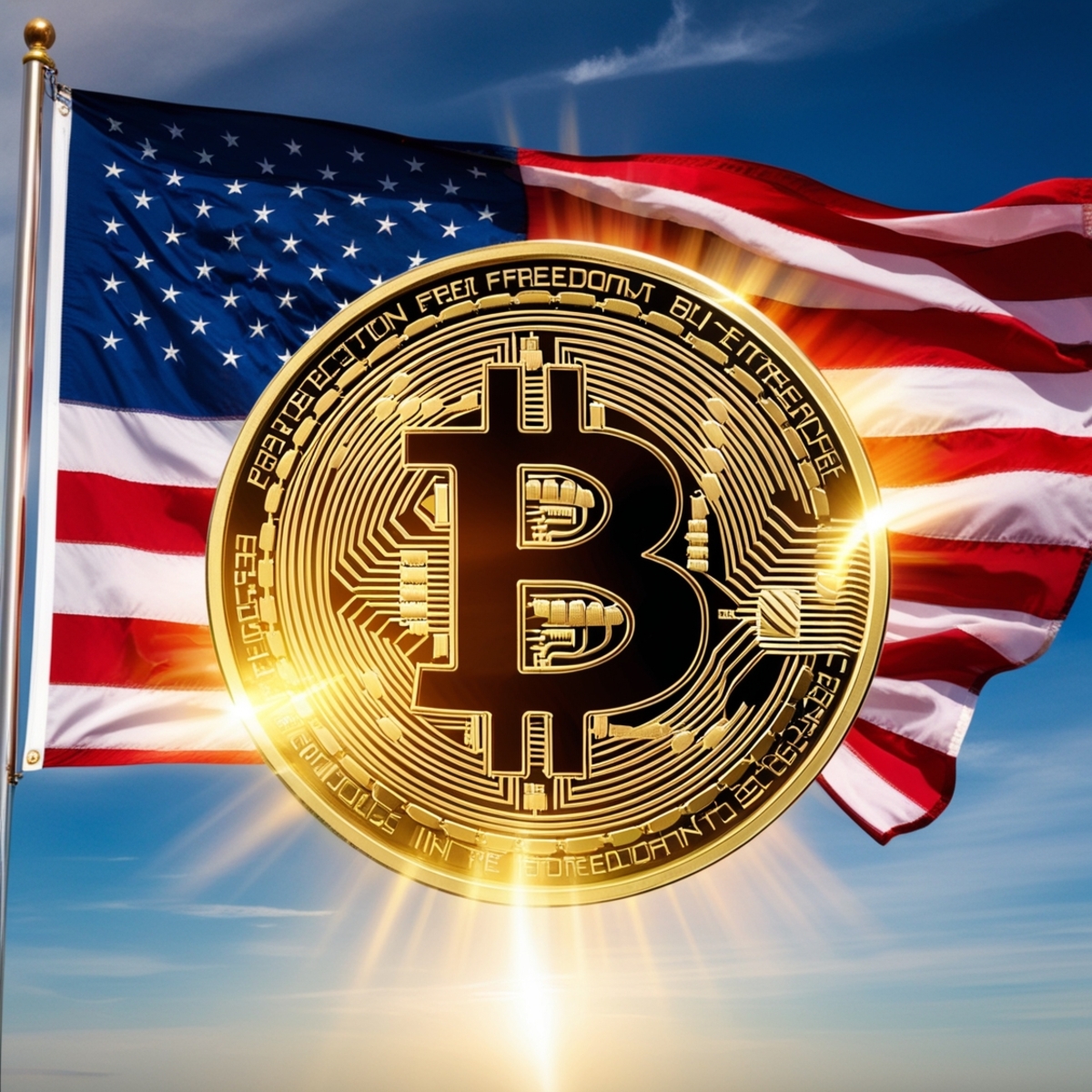
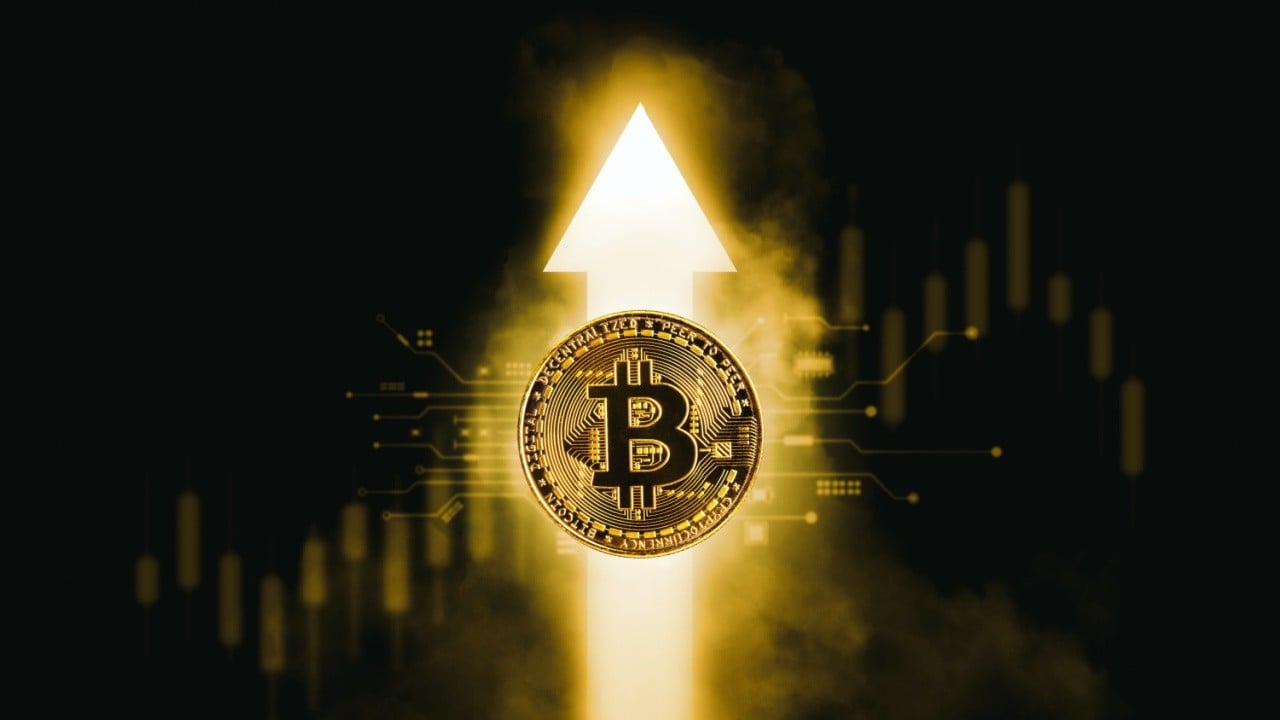
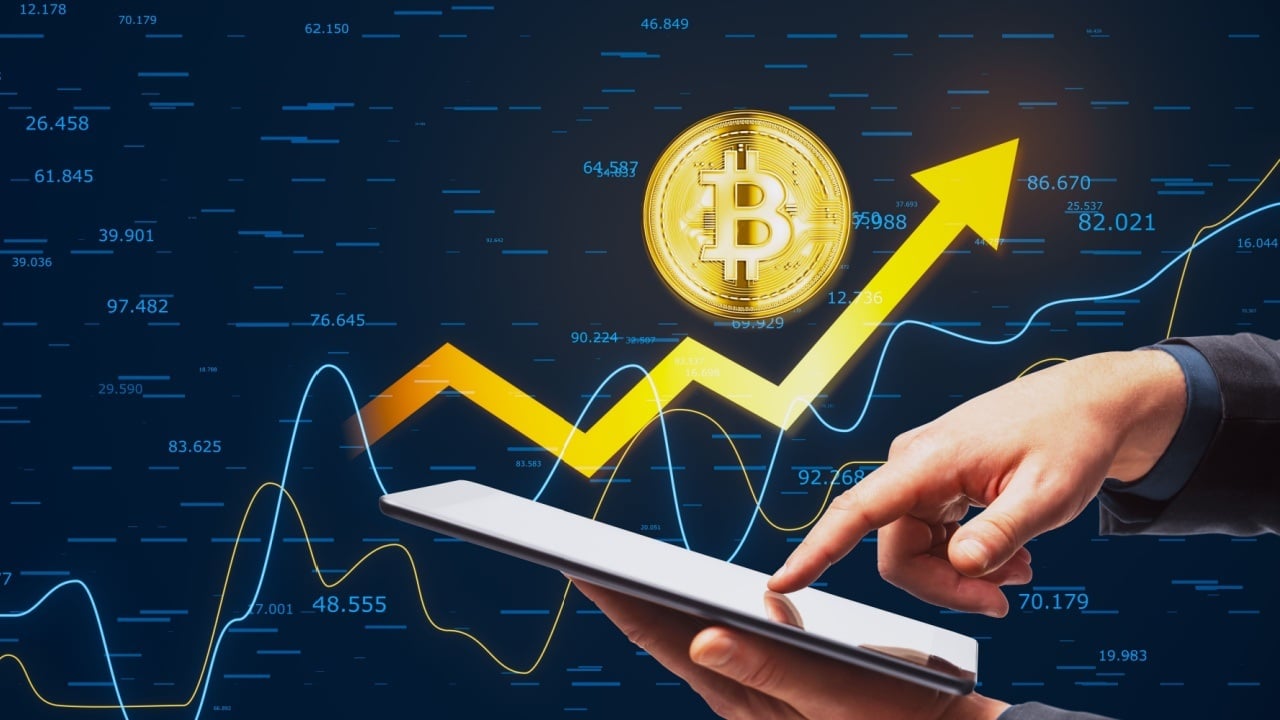
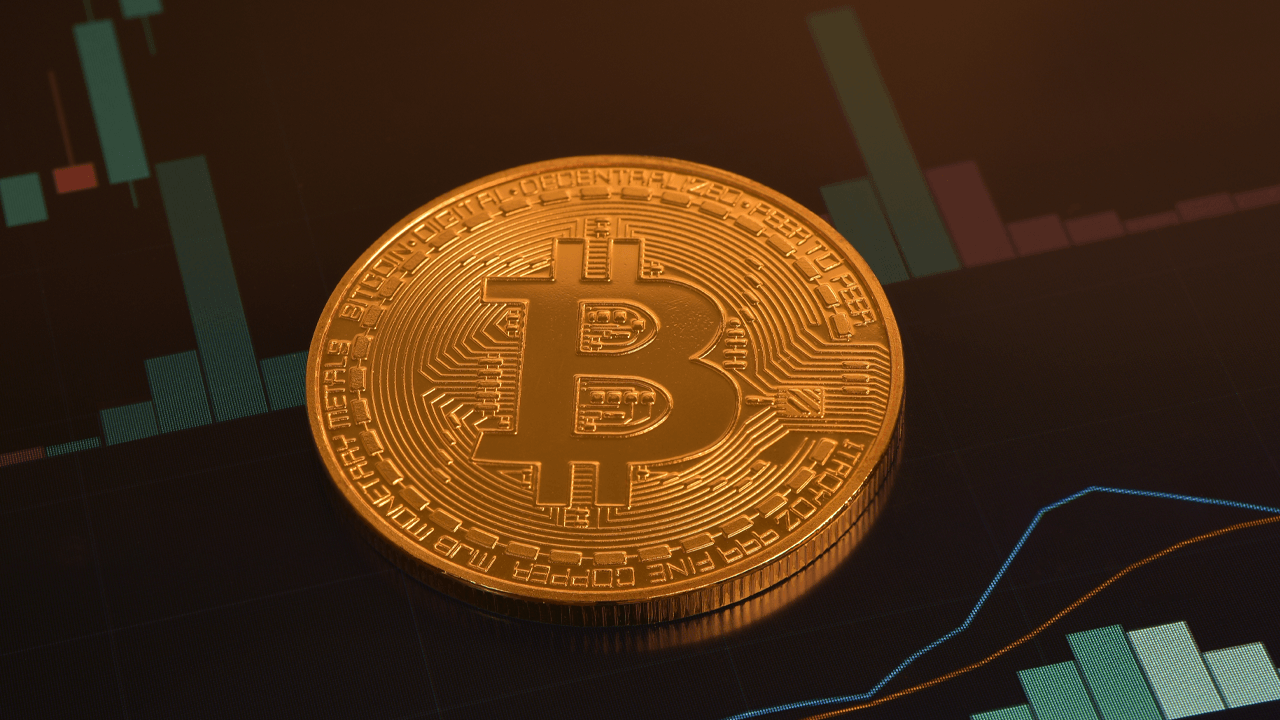




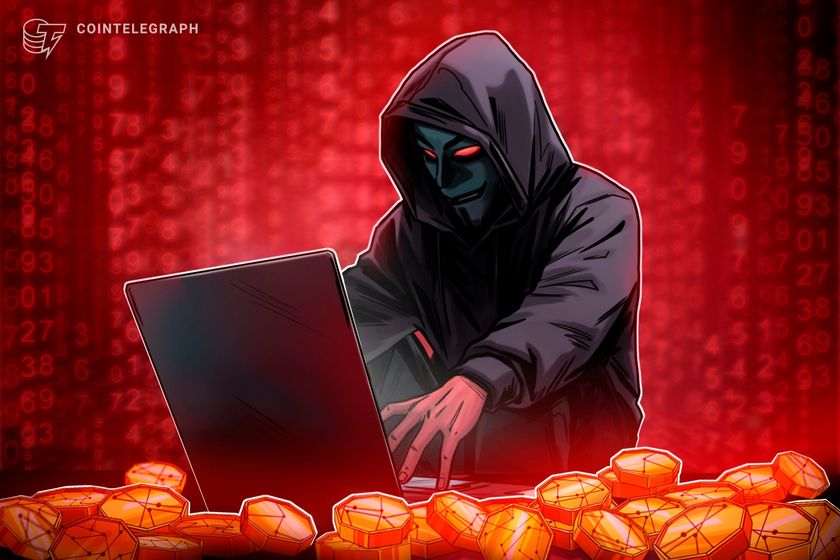








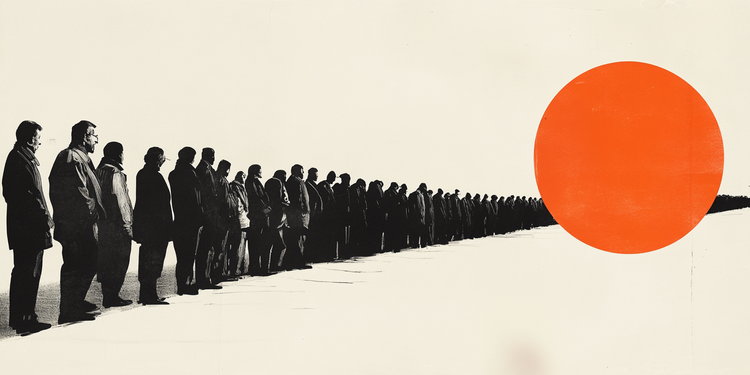

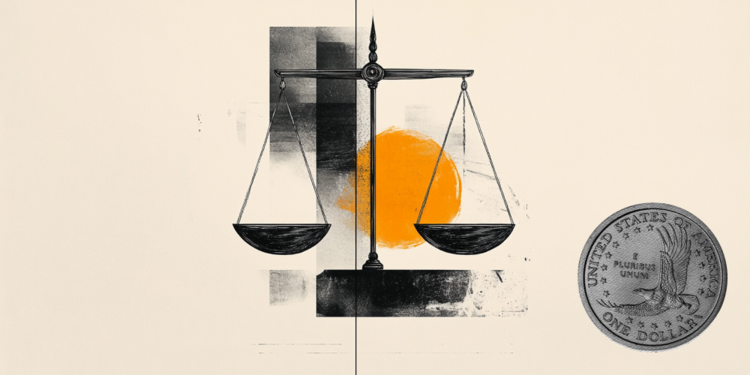
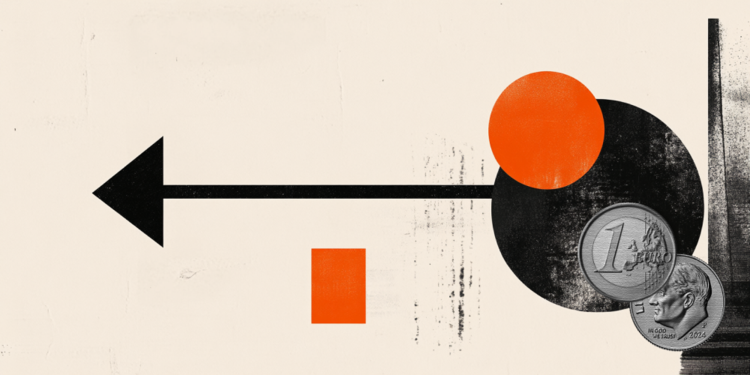







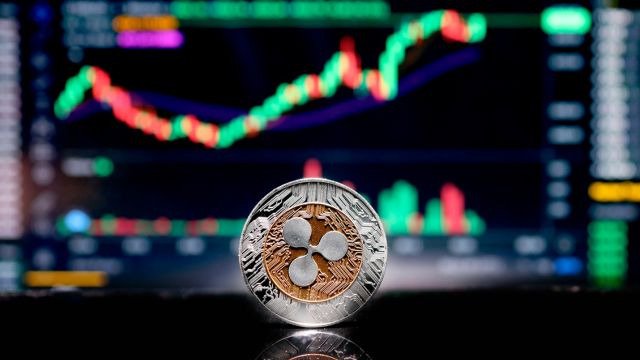




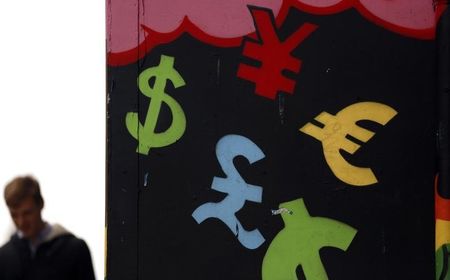
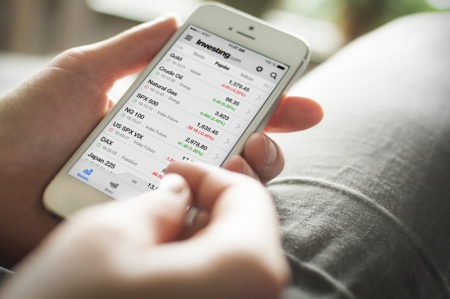
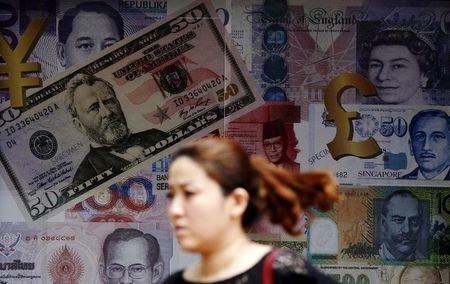
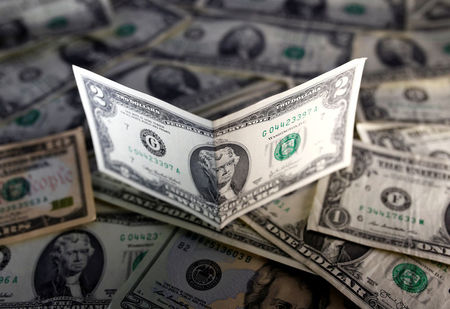






-logo-1200x675.png?v=20240521153233&w=240&h=240&zc=2)

















